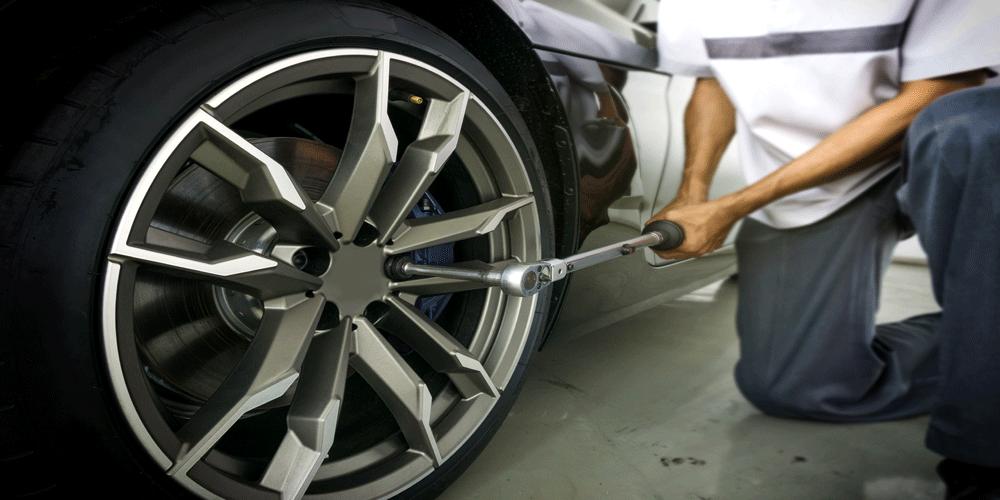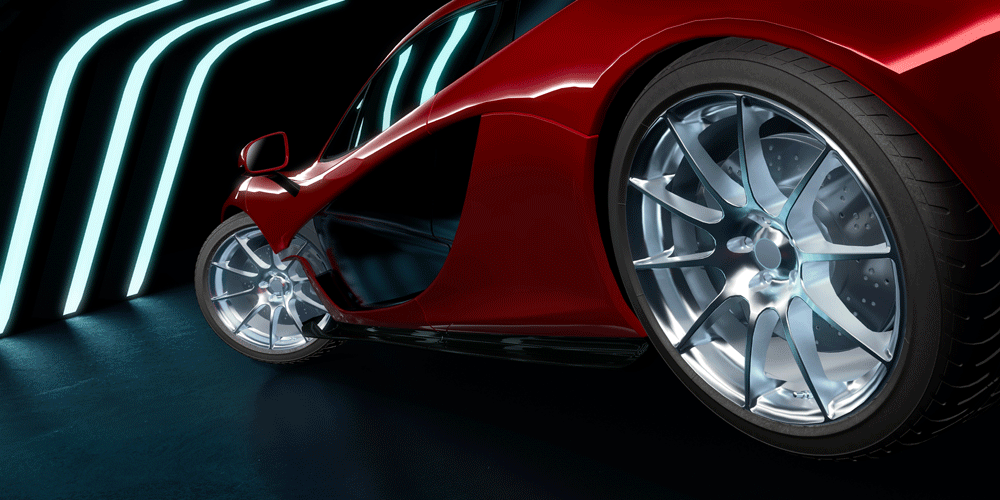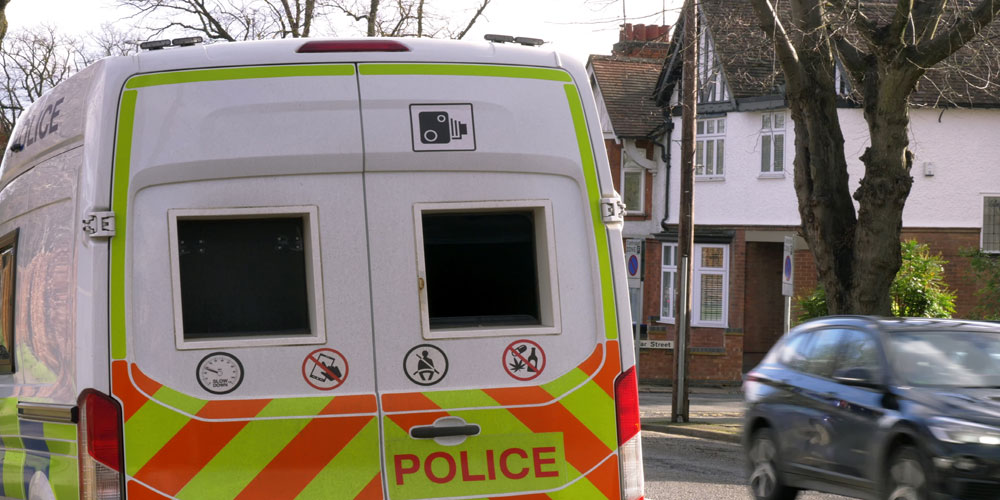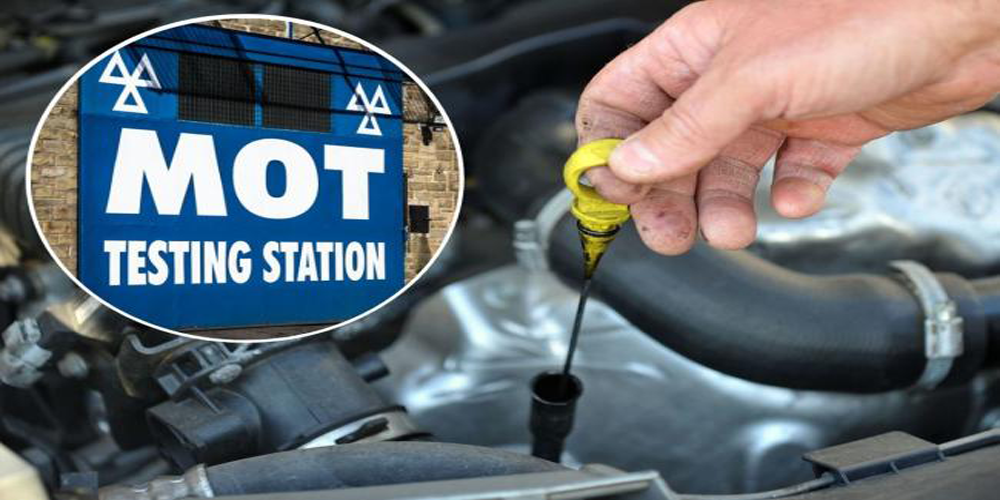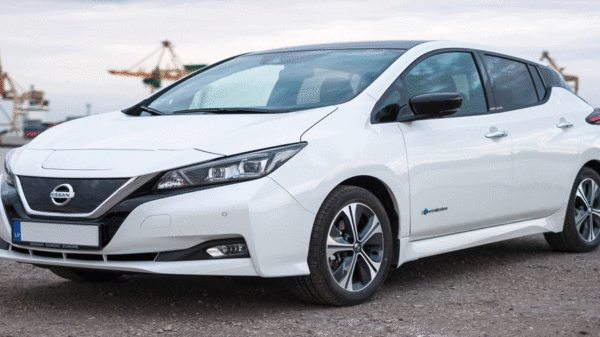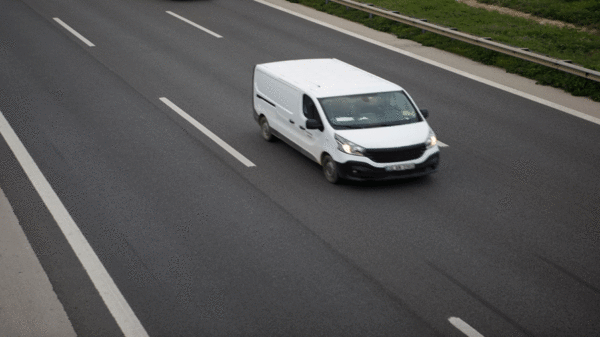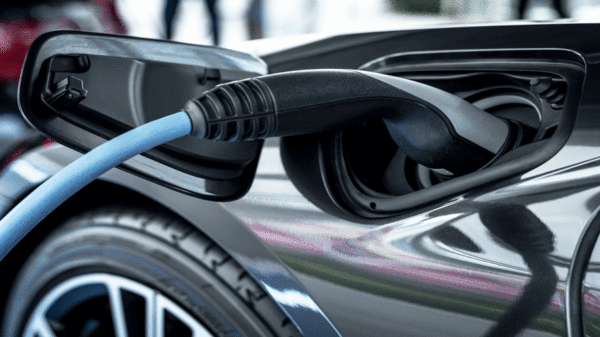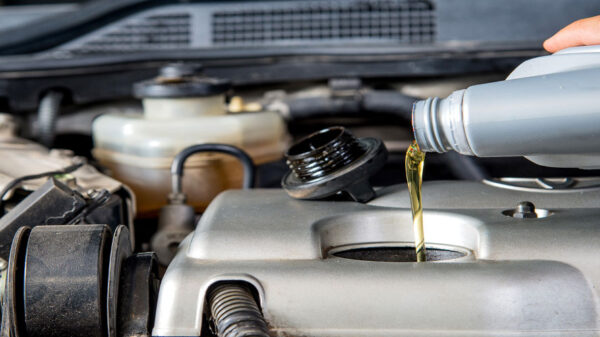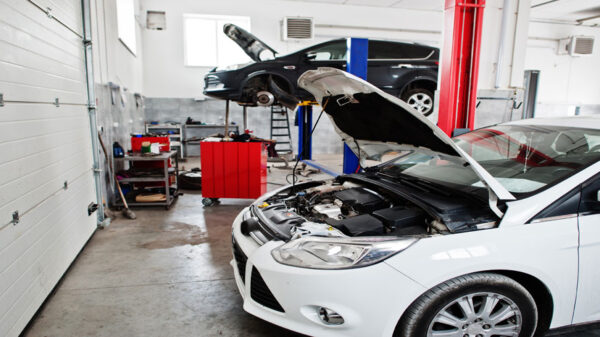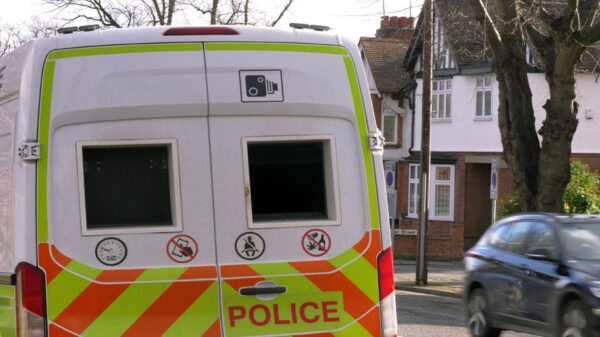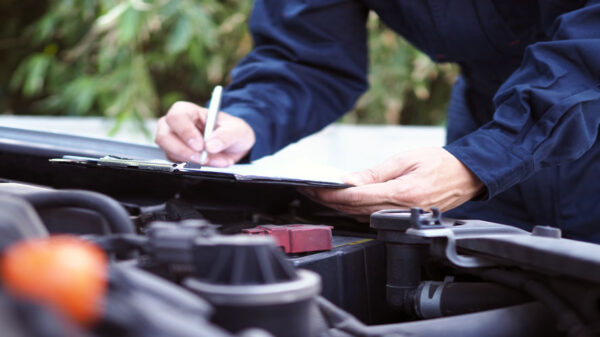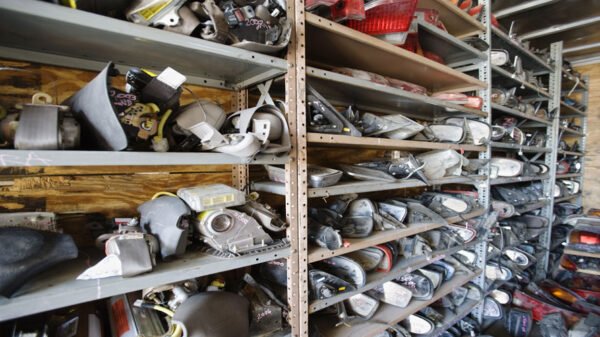Only 3% of new cars are sold with a spare wheel, leaving more drivers stranded at the roadside in the event of a unrepairable puncture, according to new research from the RAC. A review of 313 new cars across 28 brands found that just eight models came with some form of spare wheel, with half of these only available on specific variants of the same model.
The dramatic decline of the spare wheel has had a stark effect on RAC breakdown call-out volumes with patrols going out to nearly 200,000 jobs in 2022 where drivers experienced a puncture but found they had no spare wheel, up from around 165,000 four years earlier.
Luckily for drivers, the RAC was the first breakdown assistance provider to equip all its iconic orange vans with a multi-fit, five-stud spare wheel, which its patrols can quickly fit to a stricken vehicle in the event of a puncture.
From this week, the RAC is also now rolling out a new version of the spare featuring four studs, as car manufacturers are increasingly fitting four-stud wheels to their models, meaning it can help more drivers than ever.
The RAC’s annual Report on Motoring released in October found drivers’ anger with the poor state of Britain’s local roads has reached its highest point in nine years, making it the top overall concern by a considerable margin, having displaced the price of fuel as motorists’ main worry.
Earlier this month, the RAC released figures that showed its patrols had attended a record number of breakdowns over the summer where potholes were to blame – nearly 6,000 separate breakdown jobs between July and September, the highest number over this period since data was first recorded in 2006.
RAC Breakdown spokesman Rod Dennis said: “Getting a puncture on a journey has to be one of the most irritating breakdowns for drivers, especially if it’s as a result of hitting one of the plethora of potholes that currently characterise so many of our roads.
“In the past, a driver could have reached for the spare wheel in the boot but this new analysis shows that these are now pretty much a thing of the past, with a minuscule number of new cars sold in the UK coming with one as standard.
“It’s understandable therefore that drivers are increasingly calling on us to help them out of a tight spot, and it’s a trend we fully expect to continue as electric vehicles are even less likely to come with a spare. Fortunately, we’re continuing to innovate to ensure our members get the best service possible should they breakdown as a result of a puncture, having just rolled out a four-stud version of our pioneering multi-fit spare wheel, that’s carried by every single one of our patrols.
“Interestingly, in many cases drivers ordering a new car can still buy a spare wheel – whether that’s a full-size one or the more common lightweight ‘space saver’ type – as an optional extra. This might turn out to be a wise investment if you are one of the many drivers who unfortunately suffers a puncture.”
Which cars get a spare wheel as standard?
The RAC analysed over 300 new car models and found that just eight are sold with a spare wheel. It is predominantly larger, heaver-duty vehicles that come with a spare wheel.
Of the 313 separate car models analysed across all major manufacturers by the RAC, those that come with some form of spare at the time of research are: Fiat Tipo, Ford Focus (selected models), Hyundai Sante Fe (PHEV), Land Rover Defender, SEAT Ateca (selected models), Suzuki Across, Volvo XC90 (not PHEV), Toyota Land Cruiser.
Why are car manufacturers ditching the spare wheel?
Spare wheels have increasingly fallen out of favour with car manufacturers as tougher legislation demanded that they do all they can to reduce emissions.
With a spare wheel easily adding up to 20kg to the overall weight of a vehicle, removing them from the standard list of equipment supplied with a new car has been an easy change for manufacturers to make to increase fuel efficiency.


